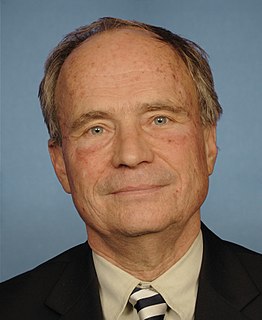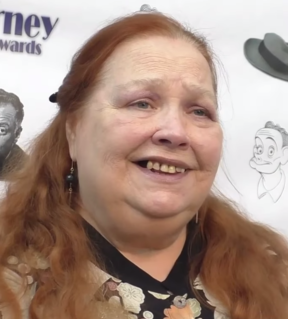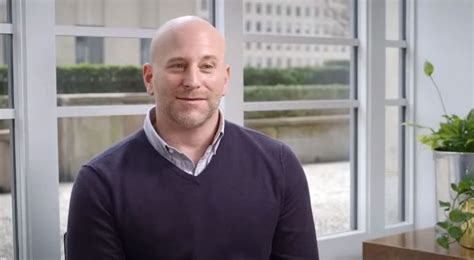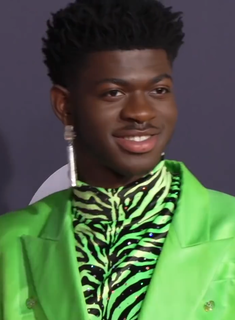A Quote by Sebastian Thrun
I literally worked at research labs where the staff really tried to steer management away from the modern technology that was actually better.
Related Quotes
I think that's always been part of the thinking behind the script, that - and I really tried really hard to impress that upon the staff of the show, the animation staff - to try to get them to understand that we would only be able to get away with what we were writing if the visuals were appealing enough that it was like a balance, and even people who didn't like what they were hearing would still not want to turn away because what they were seeing was so nice. So that was kind of my hunch, and I think it worked.
Digital technology can be a great resource, but it can also be a pernicious one, so it's how we, as a society, really study the cognitive impact of that and use evidence-based research to go after the technology designers to do a better job of dealing with the problems of memory and attention we are seeing.
There is some research that suggests that viruses like the flu are really actually kind of at the razor's edge when it comes to mutation. They're mutating so fast that if they mutated much faster they would actually develop a lot of harmful mutations that could slow them down and cripple them and eventually literally drive them extinct.
Our proposal had more than just money. We would increase their staff and keep their headquarters, their brand and their management in place. We made them a comprehensive offer they couldn't refuse. Shareholders simply receive cash, but with the staff and management, we had to show that we could share the same vision. Employees would probably resent us if money were all [we offered].
In the era of modern technology, people could just vote on their phones for who they want to be judges. We could amend all of the ways in which we select our leaders, with the advent of modern technology. We haven't done so. It's actually served us fairly well. Ours is the longest enduring constitutional, written constitution in the world. At the moment, I think it's strained. It's showing the strains of politics and a frustration.
I've read something that Bill Gates said about six months ago. He said, ‘I worked really, really hard in my 20s.’ And I know what he means, because I worked really, really hard in my 20s too. Literally, you know, 7 days a week, a lot of hours every day. And it actually is a wonderful thing to do, because you can get a lot done. But you can't do it forever, and you don't want to do it forever, and you have to come up with ways of figuring out what the most important things are and working with other people even more.
Yeah, with 'NASARATI,' that was my first project. I really worked literally three days on it, writing on the beats and putting it together. I'm not saying that I don't love the mixtape, but it was really my first, first move in rap. I tried to make sure everything sound different, so you hear no two songs and think they sound alike.




































